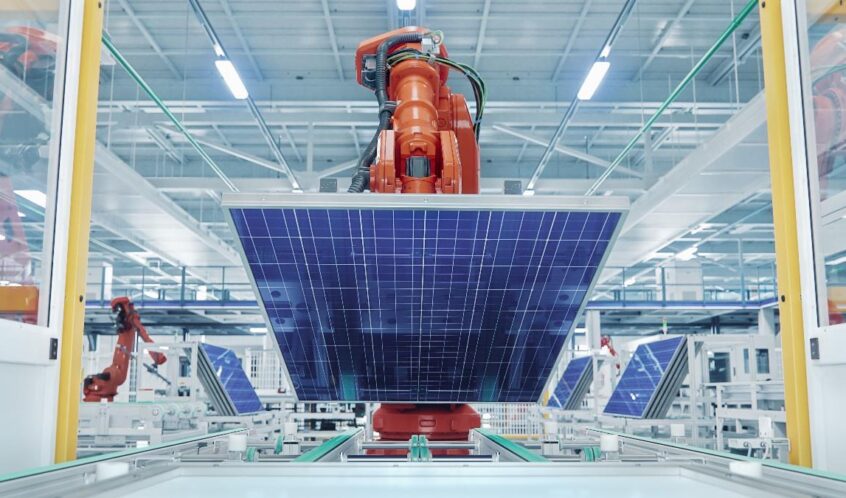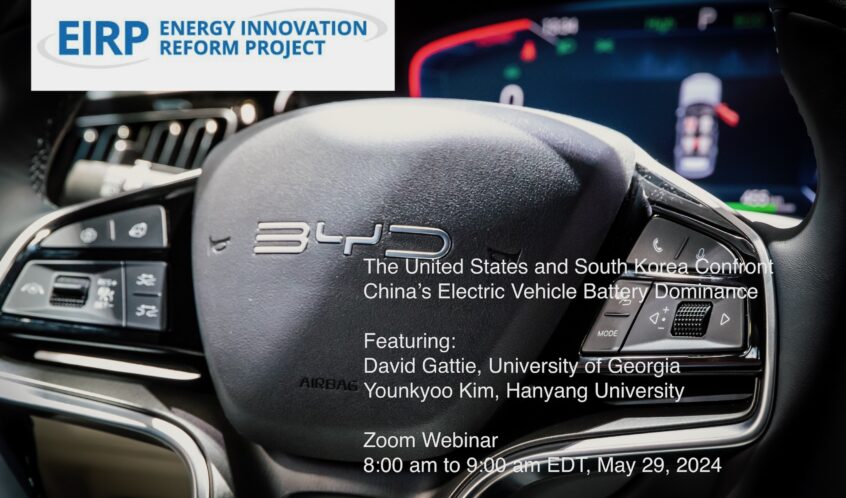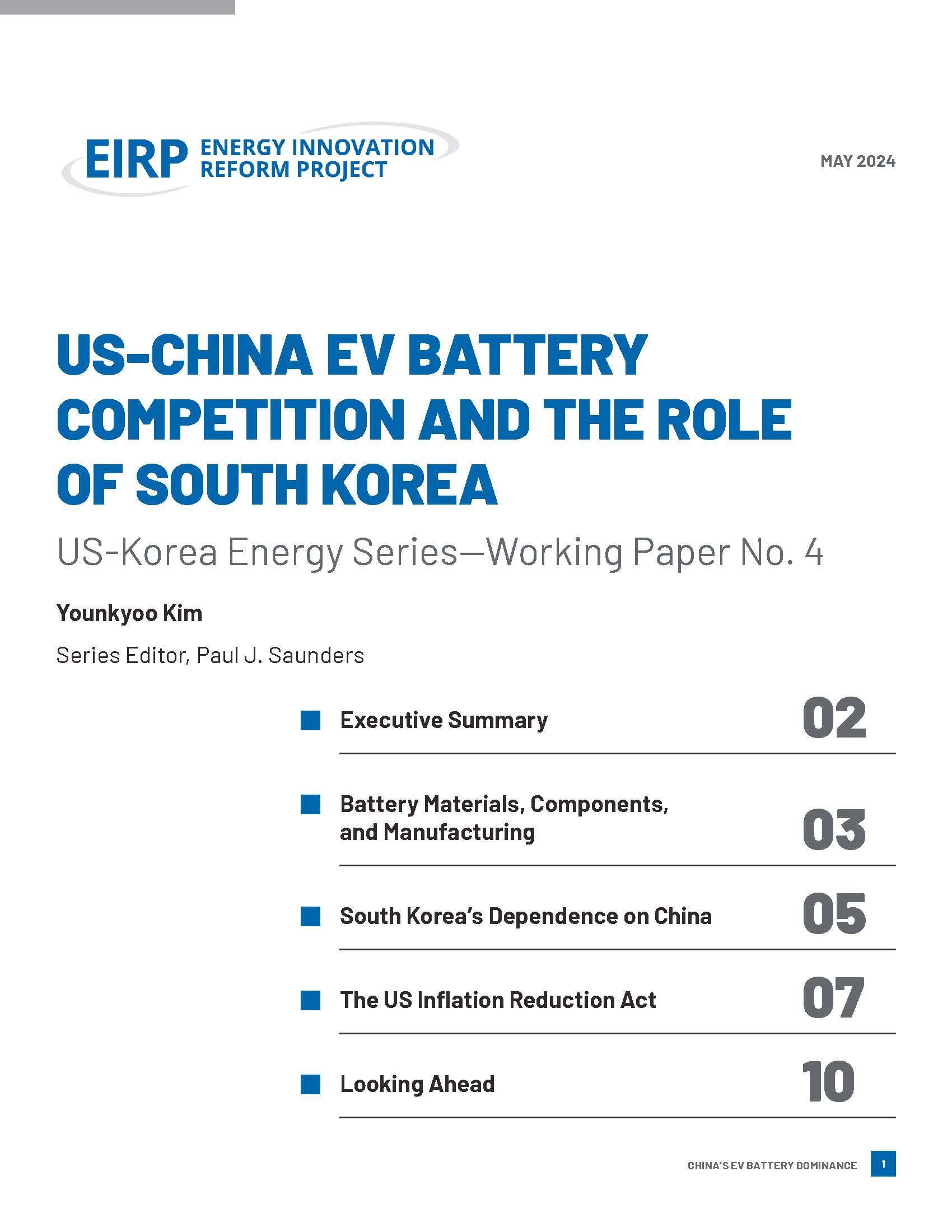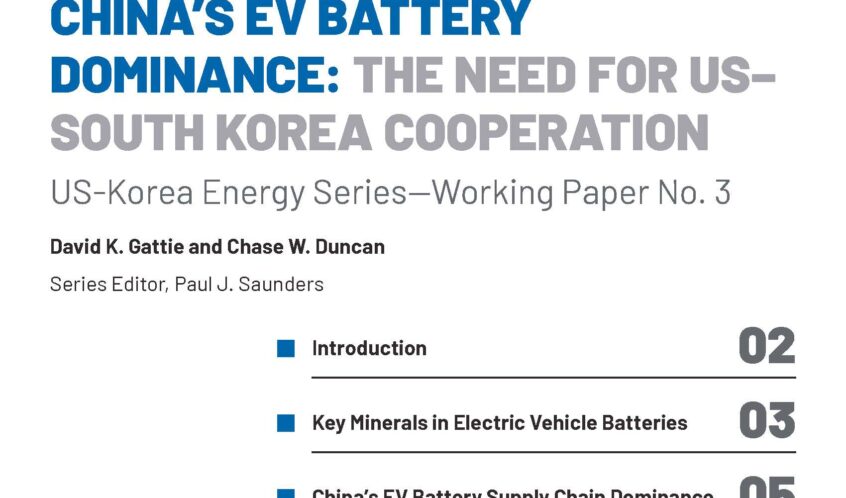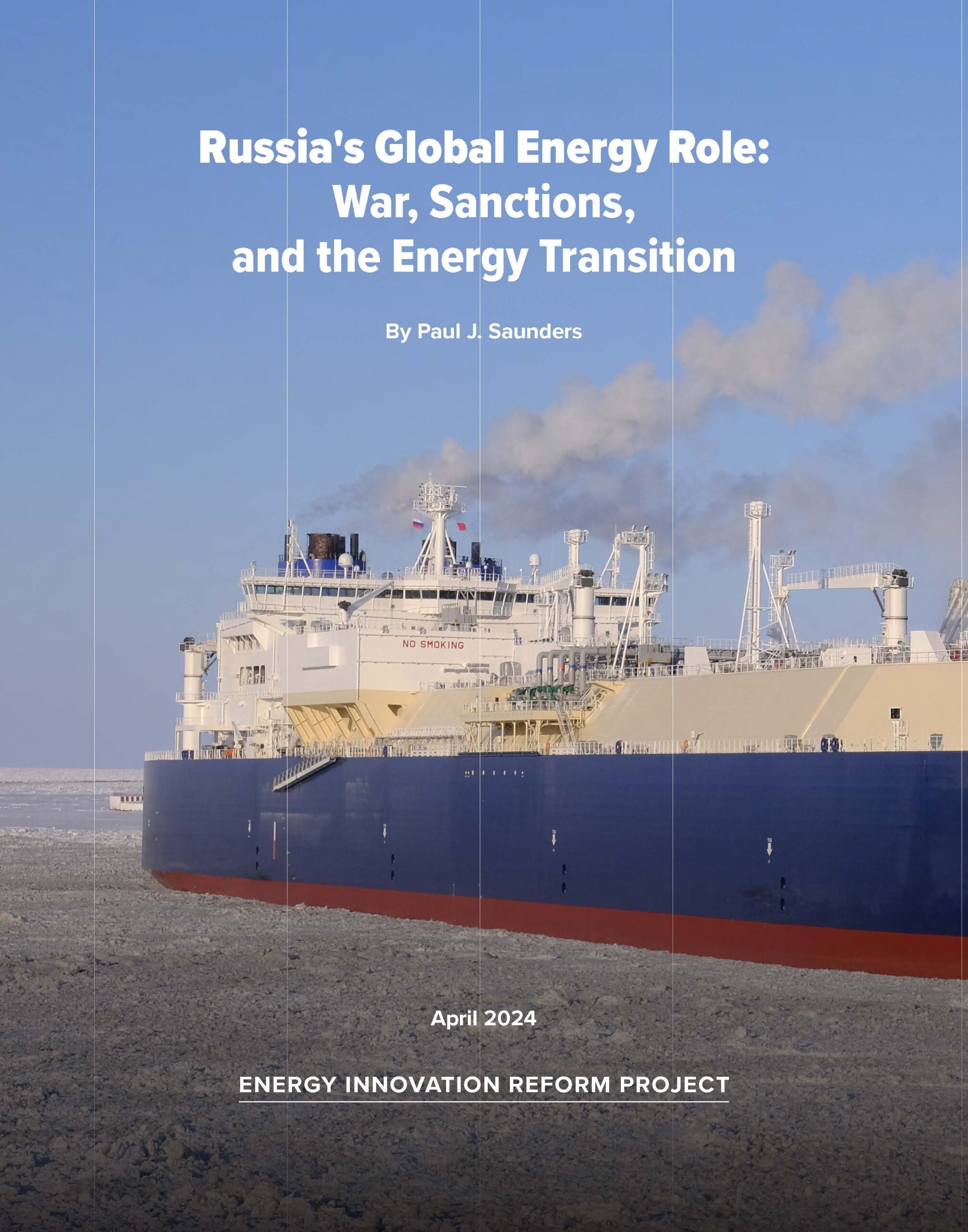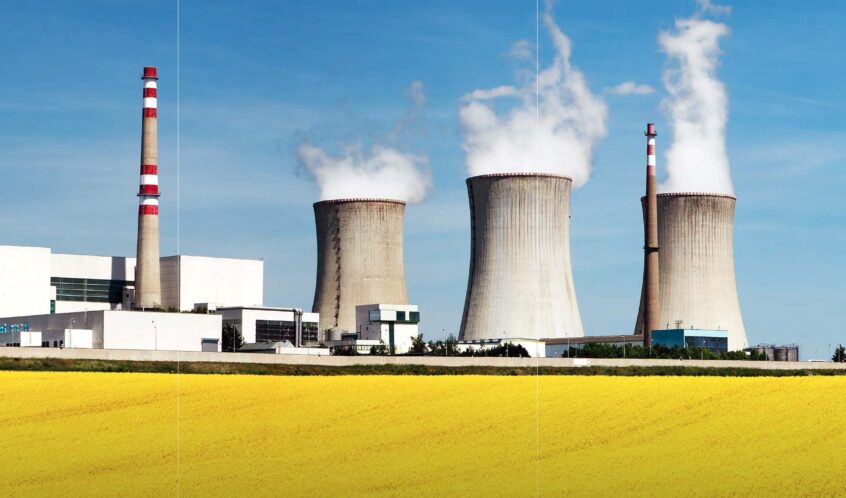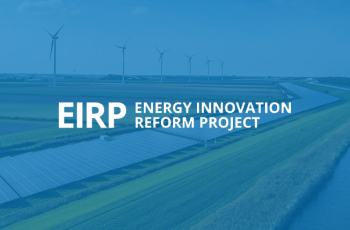Op-ed: Saunders highlights China’s $16 billion windfall from discounted Russian oil
In Harvard University’s Russia Matters, Paul Saunders argues that the combination of Western bans on importing Russian oil with the oil price cap have produced a massive oil windfall for China. Competing with Moscow and Beijing simultaneously will require greater sophistication in U.S. policy.


